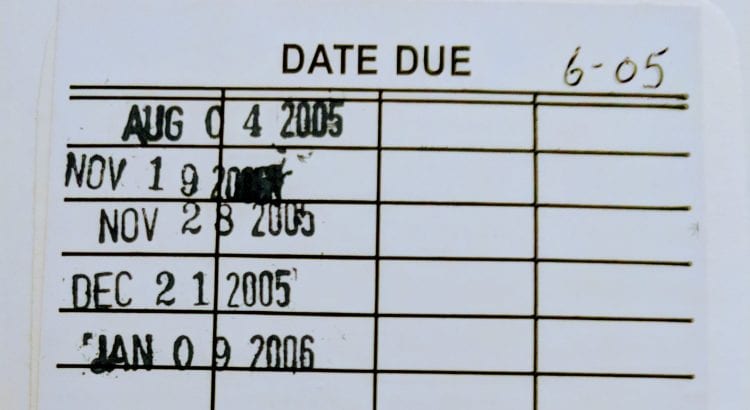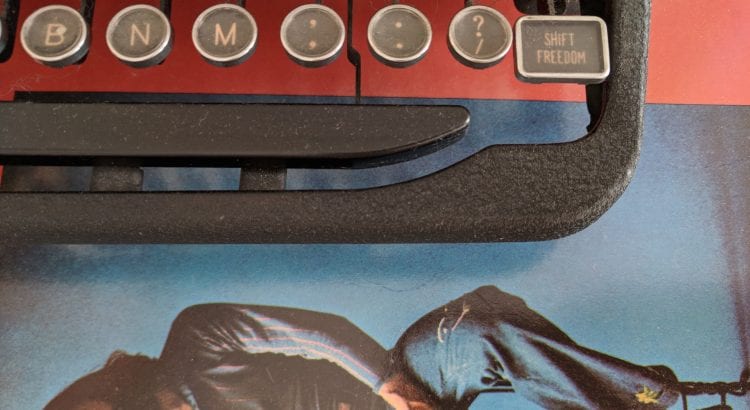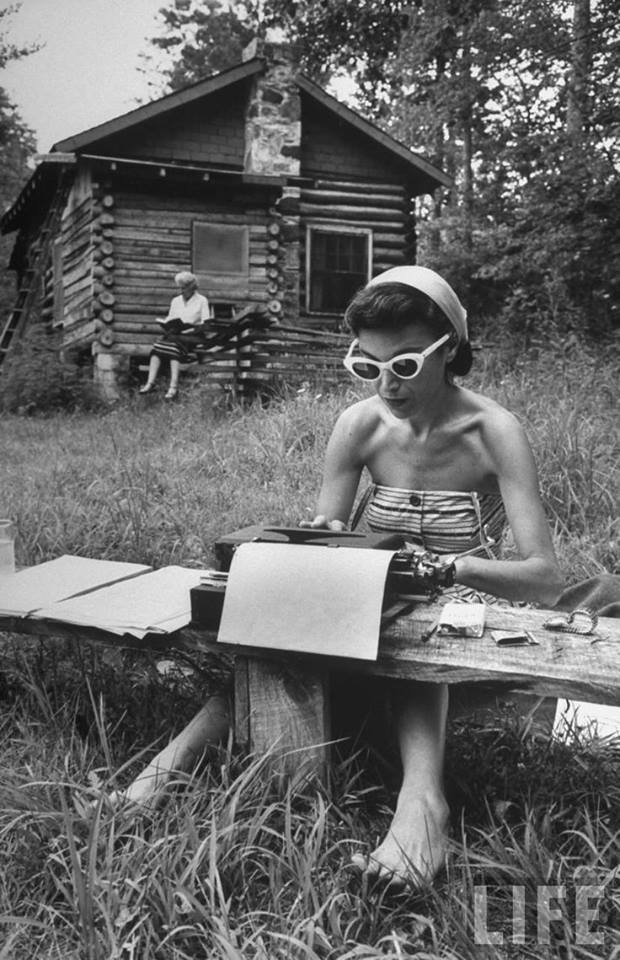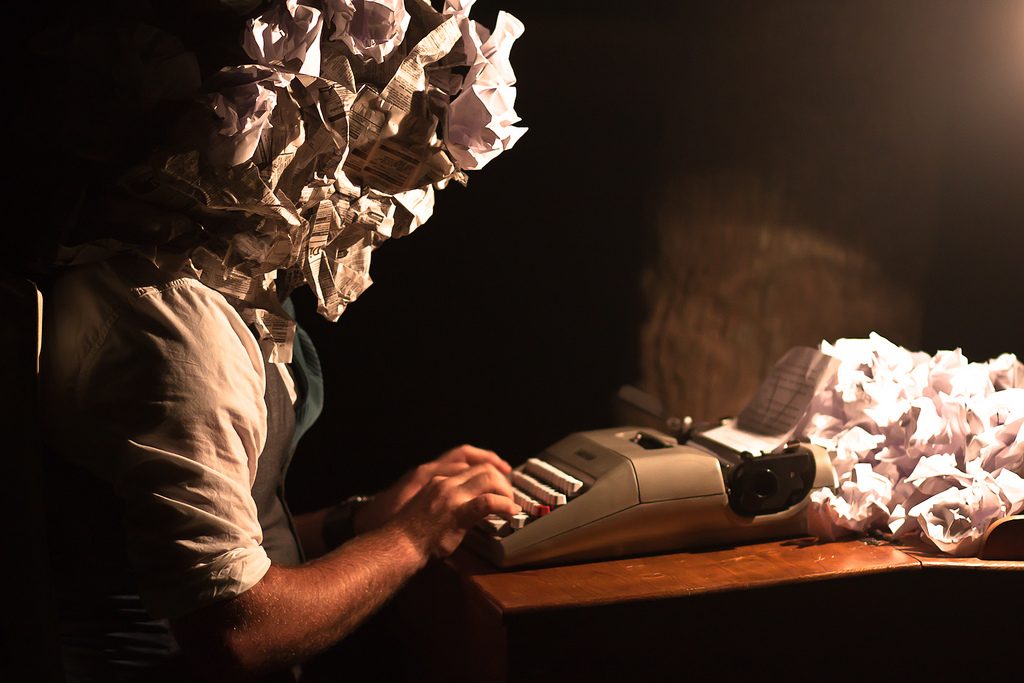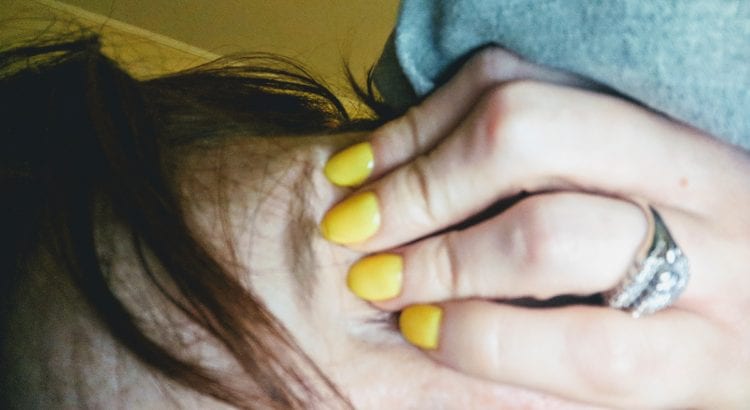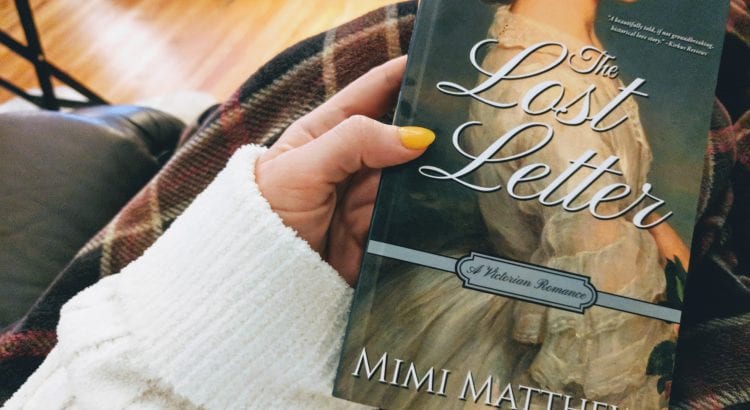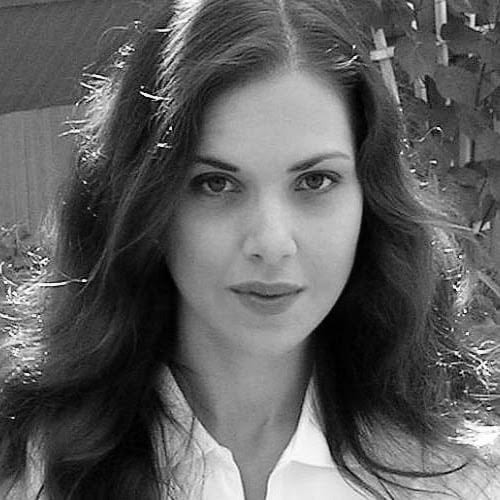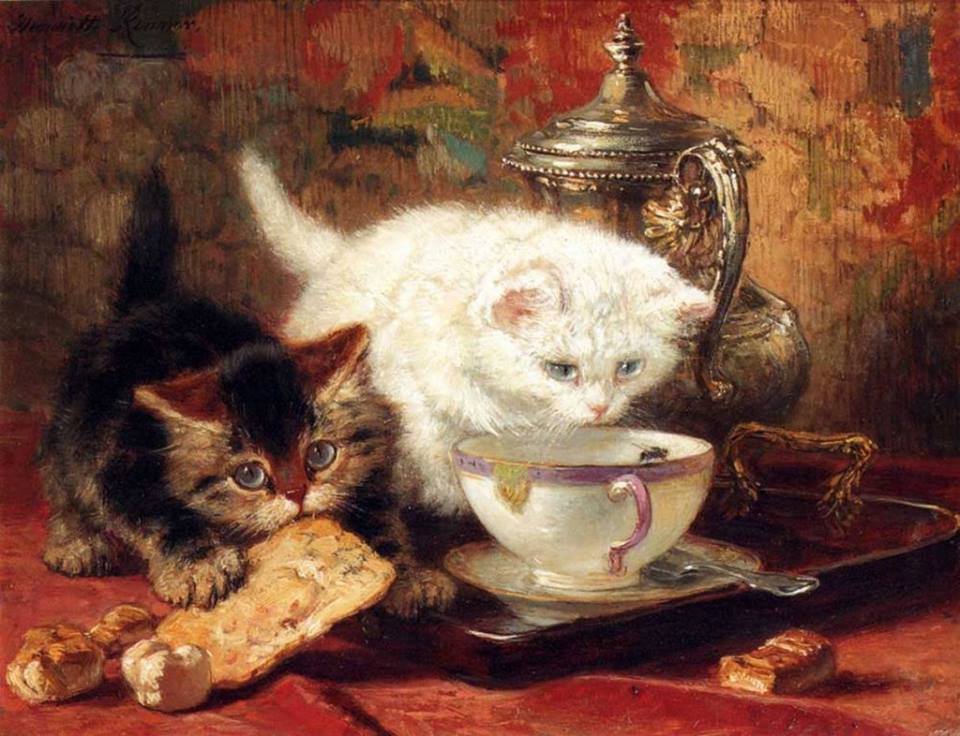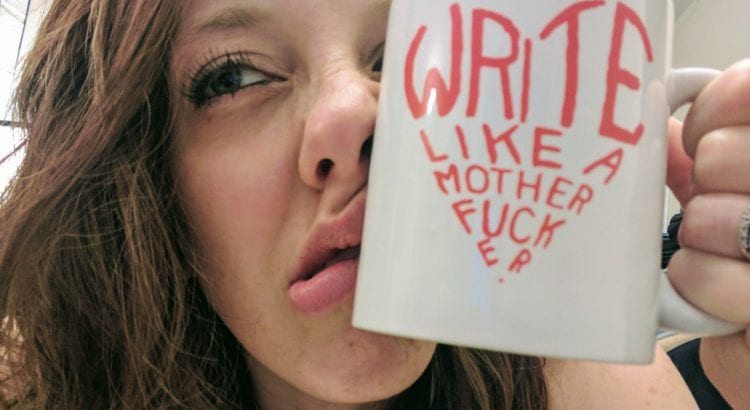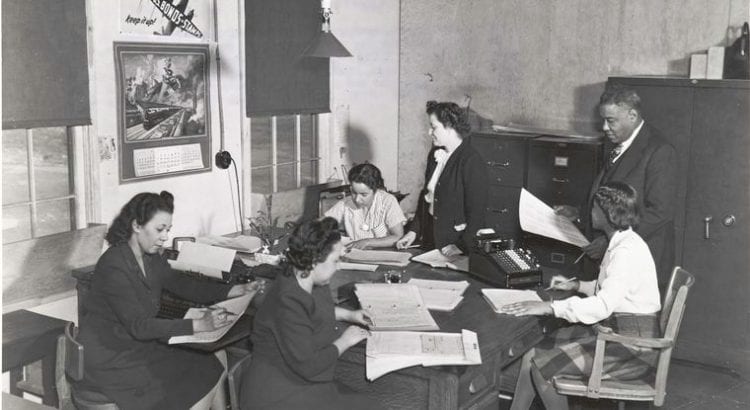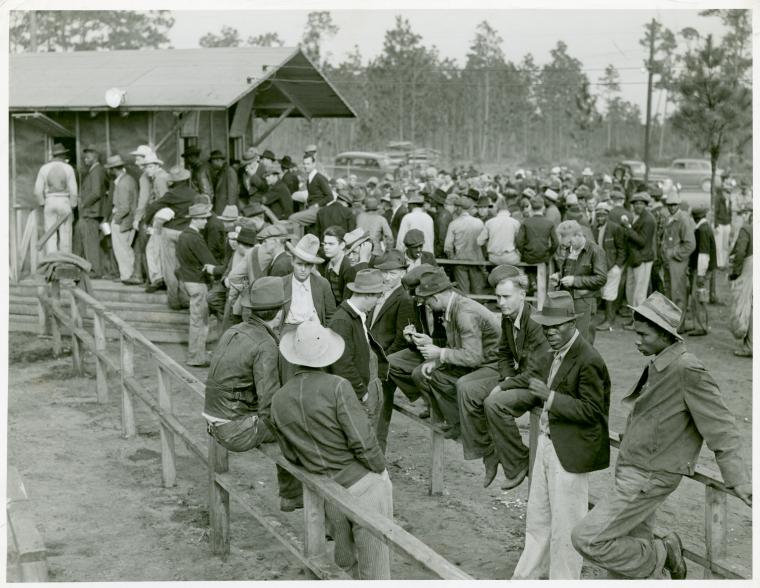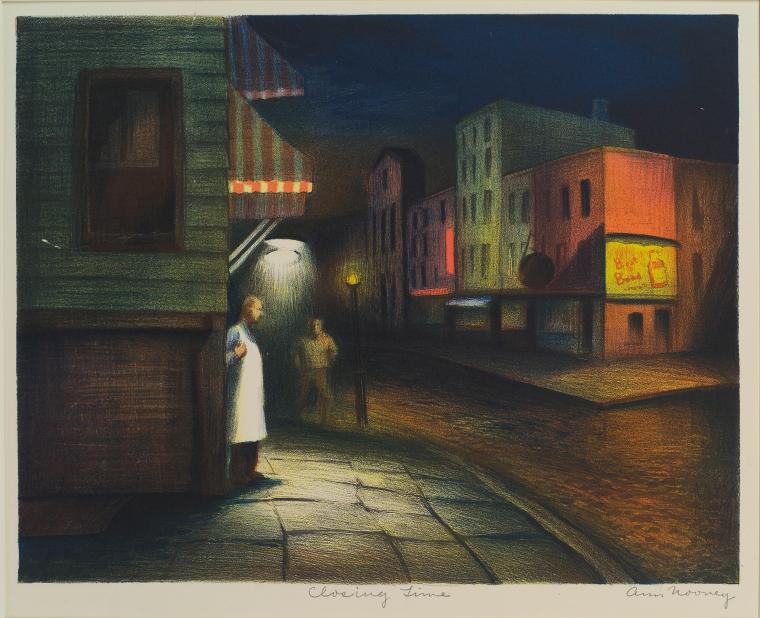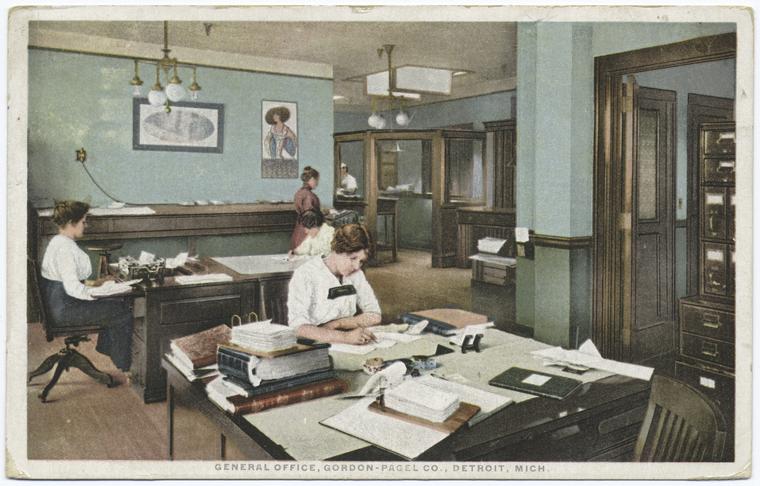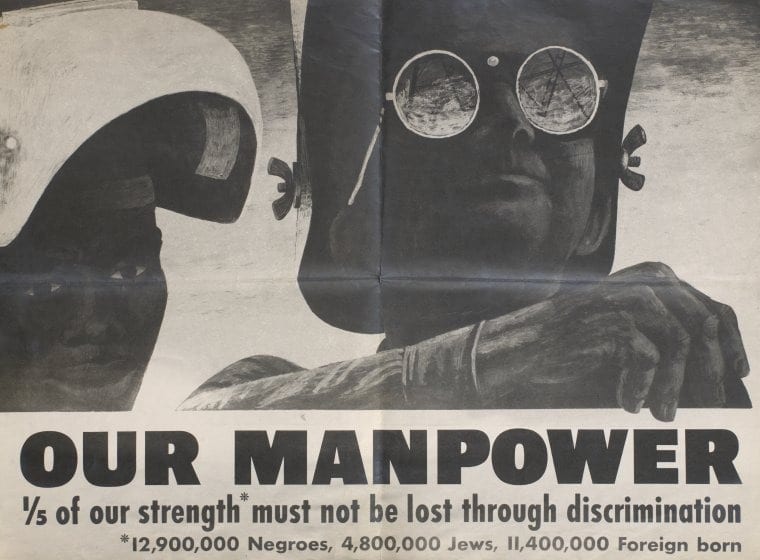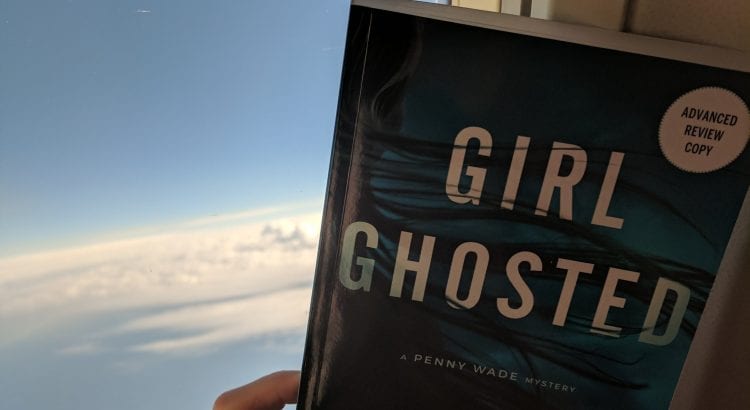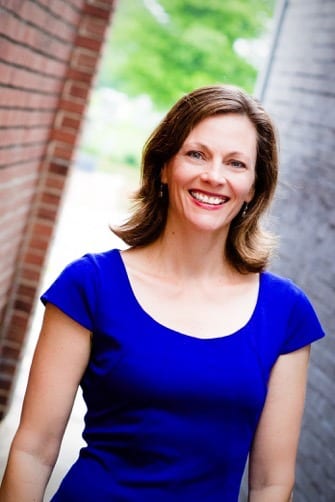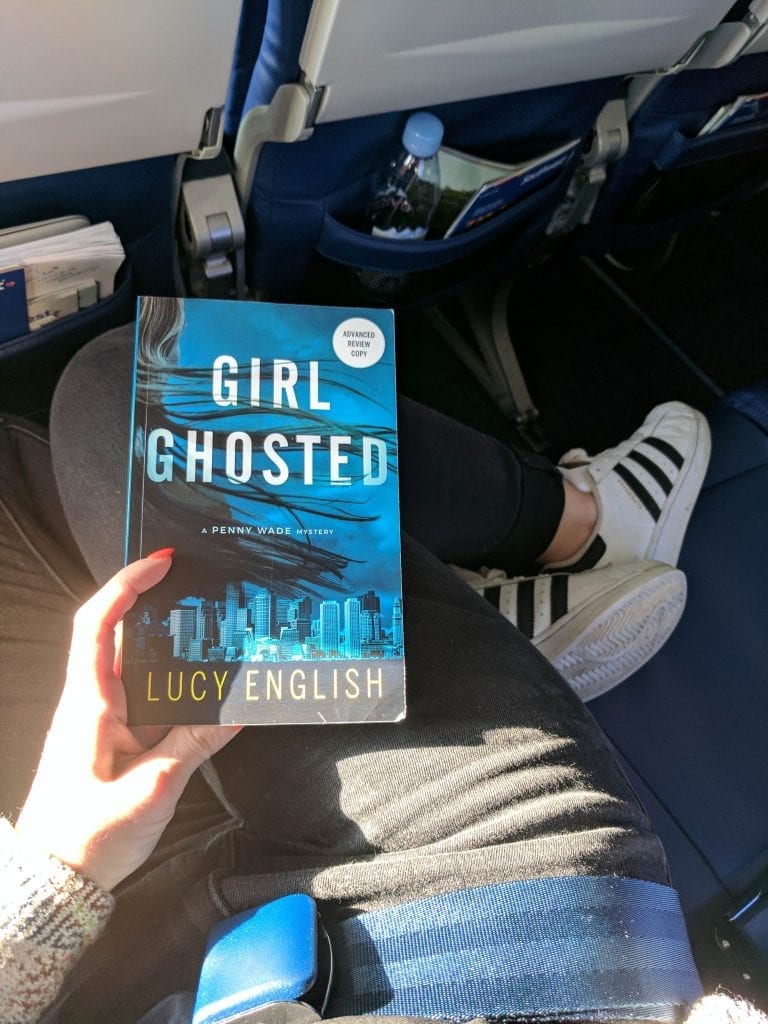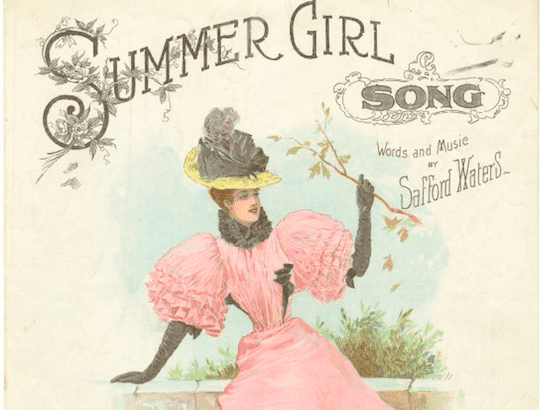A few weeks ago, Justin and I went out to a show with some friends, but first we hit up Replay, a bar in Lincoln Park that has nostalgia on tap. Retro arcade games, pinball machines and Skee-Ball tourneys await after you’ve grabbed a drink at the bar.
I don’t drink anymore, but I can still appreciate reading a loaded menu of throwback craft cocktails spiked with a pun. Try, for example, the Salt-N-Pepa: House made strawberry and jalapeño infused tequila and lime with a chili lime salt rim.
Justin, earning the pinball wiz-ard title (you’re not the only one who can do puns here, barkeep), had to pee out his nostalgia cocktails an unusual amount of times. So we’d put our KISS pinball competition on pause, and I’d saddle up to a table and watch the video playing on the big screen while I waited.
They show old music videos, action flicks, Christmas movies. I hope old TRL episodes make the rotation. Remember when you had to wait for TRL to come on to watch a music video? Dark ages.
This night, though, they were showing WWE footage from the late ‘90s/ early Aughts, particularly matches that featured The Rock as a buffed and polished 20-something.
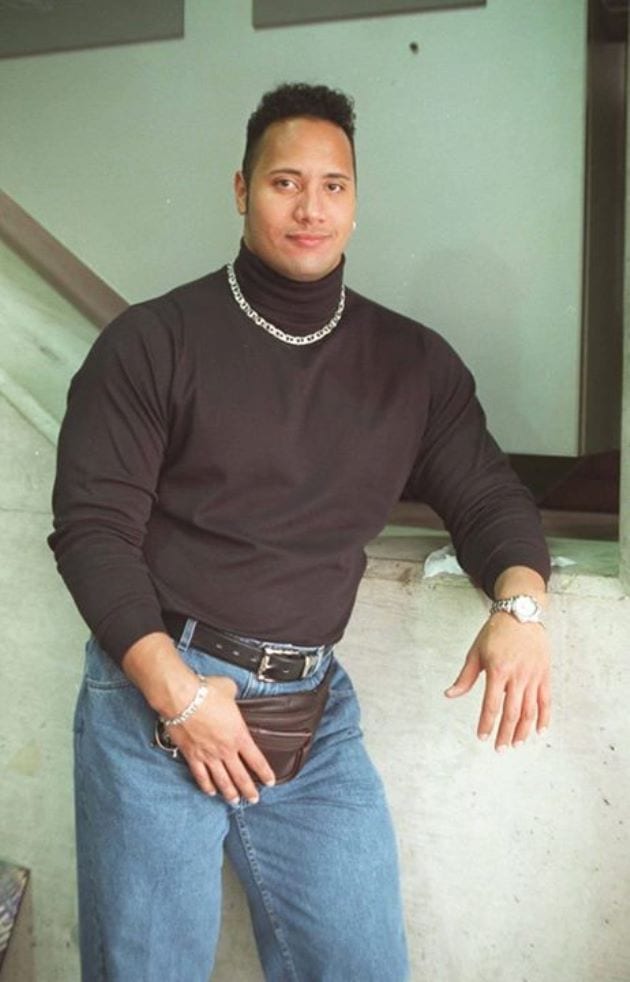
I chewed on my straw and tried to figure out what was bothering me about this imagery—beyond Jake the Snake’s super amazing man tights and desperate flopping. (I like to think of older era Jake the Snake more as Jake the Lovable Lost Sea Turtle.)
Something was off here. Something I needed to notice.
This happens to me sometimes. My visual intuition knows something is different and I can’t leave until I figure out what it is. I blame all those “Spot the Difference” game on menus I played as a kid, back before parents had, you know, cell phones to distract us.
I once spent a dumb amount of time in front of a black and white photograph at a tractor machinery museum trying to figure out what about it, exactly, was scratching the back of my mind. The photo showed a row of stern looking men in suits sitting in a dusty office. They were the executive leaders of some machinery factory in the early half of last century. Looking. Scanning. Taking in their creviced faces with mine, a mere century and a few inches away.
I caught it eventually: Despite their fancy mustaches and serious-looking jackets, they were all wearing beaten up boots, covered in dirt and dust. Quite different from the imagery of CEOs and executive leadership you see today. You don’t expect to see genuine evidence of their presence in the actual plants like their workers.
I knew it was something similar with this wrestling match. It was something other than the glitter and spandex and jacked bodies.
Boom.
There it was: In the audience.
Every single person in the stands was watching with rapt attention. These people were actually watching what was going on in front of them! In real time!
I watched for a cell phone in front of someone’s face. I watched for a smartphone hoisted in the air to snap a photo. I looked for a head down, typing on a tiny screen. But while I watched them, they watched the action in the ring. The whole time. Their whole selves invested in just one thing.
IT WAS SO BIZZARE. It was almost too intimate. I kind of felt like I needed to look away.
During another Justin pee break, I watched two burly wrestlers body slam past the ropes and throw themselves into the audience. Dear GoogleGod! Can you imagine if something like this happened today? No one would actually be watching the action right in front of them. Instead it’d be seen, witnessed, through the screen of their smartphone. But during this late ’90s romp, not a cell phone was in sight. It was charming, actually, to see the crowd physically interact with the wrestlers, undistracted. They patted their guy on the back, yelled at their foe. The closest it got to anything like you’d see now was one woman in mom jeans squaring up to take a flash photo on a film camera.
Guys, this was barely 20 years ago!
I watched in shock. Compare this scene to that of Kendrick Lamar’s recent halftime performance at the National Championship. So many people were on their cell phones, they looked bored. The camera operators eventually stopped panning to the audience because it kind of looked bad when you’re going for a jubilant reaction shot to see someone typing on their phone, likely sharing a photo of themselves or Kendrick on stage.
It’s no wonder some performers and musicians have started barring cell phones from their performances.
Oy. And this not a post meant to judge these people. I AM these people. I do the exact same thing. That’s why watching people *not* doing this felt so foreign to me. That’s why watching people *not* doing this was more fascinating than The Rock twirling a man in underpants above his head.
I bought the dress I wore to the New Year’s Eve polka party we attended SPECIFICALLY because I thought it would look hot in an Instagram photo. It did. But… maaaaan, is that who I am now?
I never turn my phone off. I check my email 24/7. This is a choice I’ve made after a lot of thought—a choice that makes my freelance worklife possible, a freelance life that comes with a LOT of freedom—but how many people do not have this luxury? I can feel the difference of personal attention I get electronically—or lack there of—since I joined Facebook 13 years ago. (Yes, 13 years ago. They sent me a Faceversary notification the fall day it happened.)
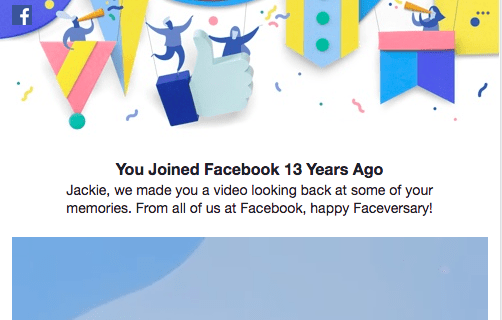
People I email are so slammed with added responsibility, expectations and, ironically, emails, they don’t respond as quickly or as diligently as they used to. Just writing emails for others is now, literally, a full time job you can get out of college. It’s no wonder direct mail (read: mail mail aka paper mail aka snail mail) is making a comeback. I, too, am more likely to trust and actually read paper mail than the seemingly worthless junk that shows up in my Gmail “Promotions” folder. Deleting it before I even read the subject line feels like an accomplishment.
I’m 100% pro technology. It can equalize our society in ways never possible before. Hell, it already has! But we have to take personal responsibility for how we let it affect our own lives. There is a social media mental health crisis looming and we’re responsible for protecting ourselves while it goes down.
Does your opinion matter if it’s not liked a hundred times on Twitter?
Does one really run if said run is not recorded during run into a running app?
Does the patriarchy truly fall if no one hears it in the streets at a Women’s March?
Speaking of the Women’s March, I didn’t attend this year because I had a nasty head cold and wave of the blues, but I did try to spend my time doing something more productive than posting photos and fighting about it on Facebook, which was super tempting.
Instead, I worked on a short story that I originally started from the viewpoint of a female character… then changed to the male character’s point of view… then changed back again to being told by the female character. That’s because I realized my own internalized misogyny in thinking that a male’s POV on a subject was more believable than a female’s instead of trusting my gut.
Saturday, I also read a great article in the February issue of Writer’s Digest about how to subvert your characters that are actually really destructive romantic tropes, like the Manic Pixie Dream Girl or the Sensitive Intelligent Alpha Male. This is where I think our power in making change lies—in our everyday actions and internal examinations beyond the screen. As a feminist writer, I can change how a little girl or boy thinks romance, consent or dating works, just through a story. I have more power to change the world there than on a Facebook post trying to get likes.
TLDR: I feel totally drained by social media. Scrolling through Facebook feels emotionally violent, right? The news is all alarming. No one is listening to each other. We’re too quick to break each other down, rather than the opposing argument. I don’t long for the late ’90s or the mom jeans or the film cameras. But I do think there’s something beautiful about not being on your phone all the time — visually and intra- and interpersonally beautiful.
I really want to put an effort into taking more time off my phone this year. Time to to put my cell phone away. Time spent IRL, paying attention to just one thing.
Join me won’t you?
I think we could all make this world a better place if we gave ourselves more time to stop and smell, well, what The Rock is cooking.
